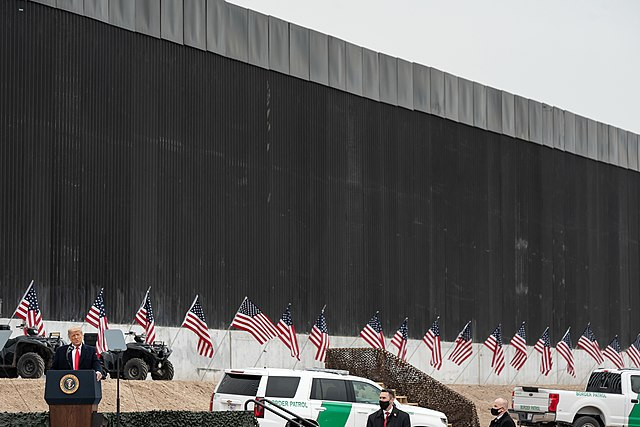Senate Republicans recently balked at a bipartisan immigration and border security package that many in Washington considered the most favorable deal the GOP could hope for under current political conditions. The rejection, influenced by pressures from former President Donald Trump and conservative factions within the party, has raised eyebrows and elicited criticism from both sides of the aisle, as well as from conservative editorial voices like The Wall Street Journal and The Washington Post.
Senator Lindsey Graham, a South Carolina Republican, had earlier cautioned his colleagues against holding out for a better deal, even in the event of a Trump victory in the next presidential election. "To those who think that if President Trump wins, which I hope he does, that we can get a better deal - you won't," Graham stated, underscoring the rarity of the opportunity at hand.
The GOP's decision to torpedo the deal has not only led to missed opportunities in border reform and security but has also complicated efforts to advance foreign aid packages for Ukraine, Israel, and Taiwan. Senate Majority Leader Chuck Schumer planned to force votes on these aid packages, with and without the border security policies, to test Republican resolve.
Senate Republicans, still reeling from the fallout of the border deal negotiations, appeared hesitant to support the aid package without some form of border policy included. Senate Minority Whip John Thune highlighted the importance of the legislative process and the possibility of amendment votes as factors in the GOP's decision-making. The potential for protracted negotiations and delays looms large, especially with a two-week recess on the horizon and the risk of individual senators stalling progress due to various objections.
The impasse represents a broader struggle within the GOP, as the party grapples with internal divisions and the influence of Trump's policy priorities. Senator James Lankford's investment in the border security deal, only to see it derailed by misinformation and intra-party disagreements, exemplifies the challenges Republicans face in reaching consensus on key issues.
As the Senate debates the path forward on foreign aid and border policies, the House waits in the wings, with Speaker Mike Johnson expressing frustration at the Senate's slow pace. The interplay between the desire for comprehensive border reform and the urgent need to support international allies underscores the complex dynamics at play in Congress, with significant implications for both domestic policy and foreign relations.




